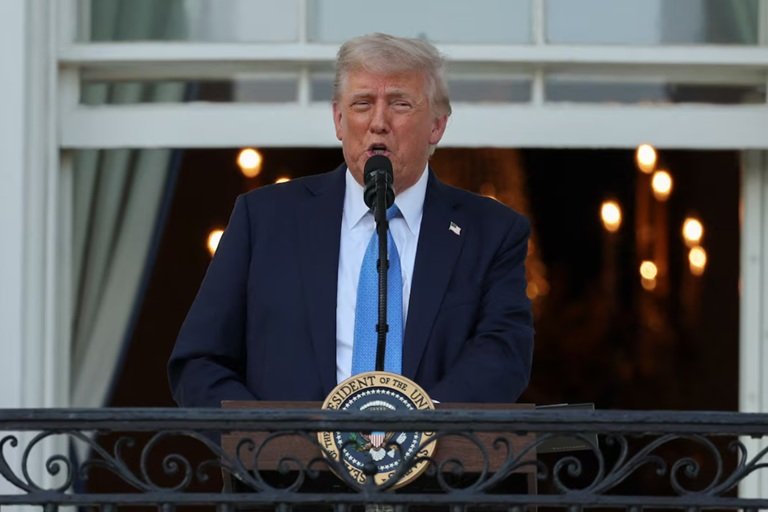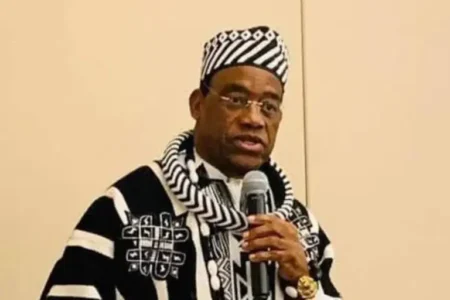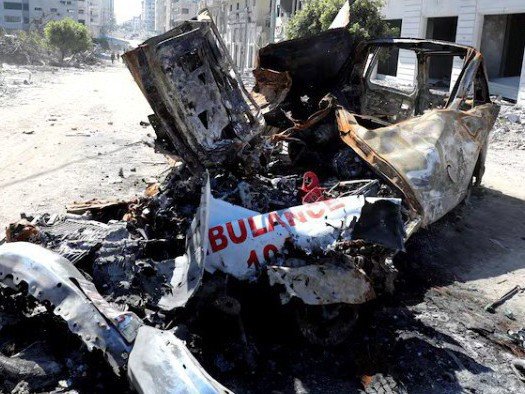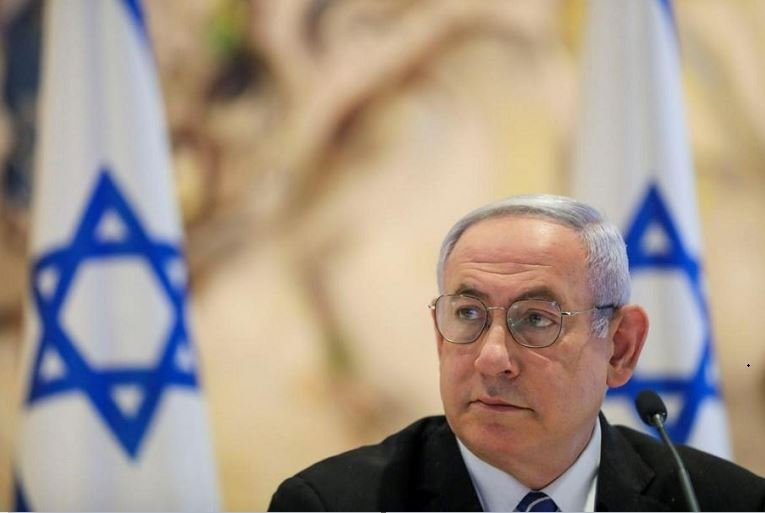President Donald Trump is facing a rare backlash from within his “Make America Great Again” (MAGA) coalition over the possibility of a U.S. military strike against Iran.
The growing rift highlights tensions between Trump’s longstanding isolationist stance and emerging pressures to support Israel’s escalating campaign against Iran.
Several of Trump’s influential allies are urging caution, warning that military intervention could lead to another prolonged Middle East conflict — a scenario many in Trump’s base have long opposed.
“We can’t do this again,” said Steve Bannon, one of Trump’s closest allies and a key figure in the America First movement. Speaking at an event hosted by the Christian Science Monitor, Bannon cautioned: “We’ll tear the country apart. We can’t have another Iraq.”
Bannon’s comments reflect widespread concern among Trump’s supporters who fear U.S. involvement could mirror past interventions in Iraq and Afghanistan. The opposition is fueled by Trump’s recent shift from pursuing diplomatic efforts with Iran to considering support for Israel’s military action, including deployment of powerful bunker-buster bombs.
“This is one of the most ancient civilizations in the world, okay, with 92 million people. This is not something you play around with. You have to think this through at this level, and the American people have to be on board. You can’t just dump this on them,” Bannon warned.
Trump’s growing openness to joining the conflict has ignited fierce debate within conservative circles. MAGA-aligned voices such as former Fox News host Tucker Carlson and Representative Marjorie Taylor Greene have also spoken out against U.S. involvement.
“Anyone slobbering for the U.S. to become fully involved in the Israel/Iran war is not America First/MAGA,” Greene wrote on social media. “We are sick and tired of foreign wars. All of them.”
The tension escalated during a viral exchange between Carlson and Republican Senator Ted Cruz. Carlson criticized Cruz’s call for regime change in Iran, saying: “You don’t know anything about Iran!” Cruz responded, “I am not the Tucker Carlson expert on Iran,” to which Carlson retorted, “You’re a senator who’s calling for the overthrow of the government.”
Despite the uproar, Trump appeared unfazed. Responding to questions about the backlash, he remained confident in his support base.
“My supporters are more in love with me today, and I’m in love with them more than they were even at election time,” Trump said at the White House. “I only want one thing: Iran cannot have a nuclear weapon.”
He acknowledged some disagreement among his followers, saying: “Some of my supporters are a little bit unhappy now,” but added that others share his stance: “I’m not looking to fight. But if it’s a choice between them fighting or having a nuclear weapon, you have to do what you have to do.”
Trump’s posture marks a departure from his usual wariness toward foreign conflicts. Critics warn that military engagement with Iran could strain U.S. diplomatic efforts elsewhere, including ongoing negotiations related to Ukraine and trade.
Still, some allies believe Trump’s reputation for prudence in foreign affairs will carry weight.
“People are right to be worried about foreign entanglement after the last 25 years of idiotic foreign policy. But I believe the president has earned some trust on this issue,” Vice President JD Vance posted on social media.
Marc Short, a former Trump administration official, acknowledged the division but played down its political consequences.
“The divisions are obviously coming out in the open in this moment, but ultimately I think that most of the president’s followers are loyal to him more so than any worldview,” he said.
Short also argued that backing Israel could bolster Trump politically. A Reuters/Ipsos poll conducted in March found that 48% of Republicans supported using U.S. military power to defend Israel regardless of the origin of threats. Only 28% disagreed. Among Democrats, 25% agreed, while 52% disagreed.
While Iran continues to deny pursuing nuclear weapons, international experts remain skeptical. Israel maintains that a nuclear-armed Iran would pose a direct threat, potentially triggering a regional arms race.
As the world watches closely, Trump said Wednesday afternoon that he has ideas on how to move forward but emphasized that no final decision has been made.











